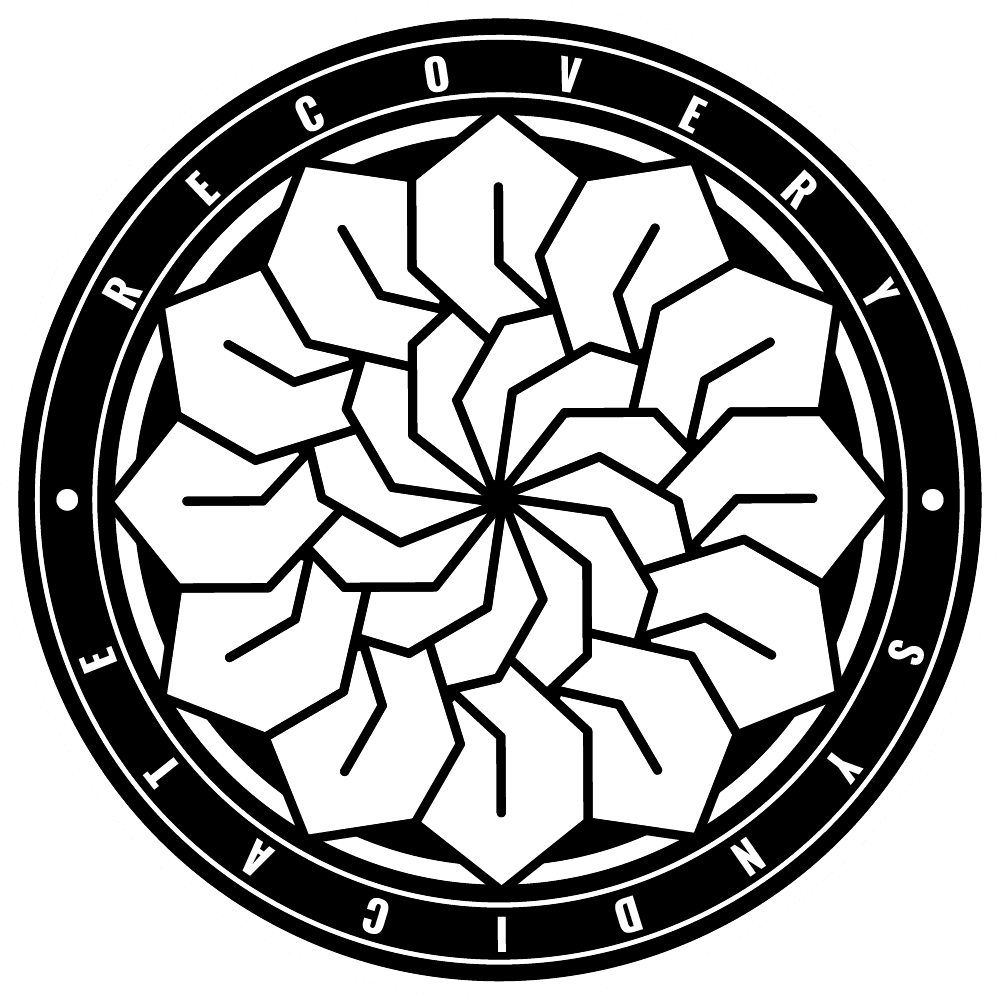
Evidence-based Recovery
Substance Abuse & Mental Health

Evidence-based Recovery
Substance Abuse & Mental Health
Live The Life You Dream About
Drug, alcohol, dual diagnosis, trauma and mood disorder treatment
Get help you need To make the changes you want
480.409.4787
480.409.4787
Thrive
Together
Is it time to start living? There is a real way out. A way to a life you haven't lived yet, and a life that is fulfilling, successful and happy. We believe that with the right support, anyone can heal, flourish and thrive. Recovery is possible and there for the taking. As a team of professionals in recovery, we are here to light the way and show you how it’s done. At the Recovery Syndicate, once here, you’re one of us. We have a culture of hope and optimism because we know the possibilities are limitless.
SUBSTANCE ABUSE
MENTAL HEALTH
TRAUMA AND DUAL DIAGNOSIS
Today
Is The Day
Treatment
Plans That Work For You
We offer a full continuum of care which includes PHP, IOP, continuing care, family services.
Changing
Lives For The Better
- Here's where testimonials go. Here's where testimonials go. Here's where testimonials go. Here's where testimonials go. Here's where testimonials go. Here's where testimonials go. Here's where testimonials go. Here's where testimonials go. Here's where testimonials go. Here's where testimonials go. Here's where testimonials go. Here's where testimonials go. Here's where testimonials go. Here's where testimonials go. Here's where testimonials go. Here's where testimonials go. Here's where testimonials go. Here's where testimonials go. Here's where testimonials go.
- Here's where testimonials go. Here's where testimonials go. Here's where testimonials go. Here's where testimonials go. Here's where testimonials go. Here's where testimonials go. Here's where testimonials go. Here's where testimonials go. Here's where testimonials go. Here's where testimonials go. Here's where testimonials go. Here's where testimonials go. Here's where testimonials go. Here's where testimonials go. Here's where testimonials go. Here's where testimonials go. Here's where testimonials go. Here's where testimonials go. Here's where testimonials go.
Drug overdose deaths rose nearly 30 percent in 2020 to a record 93,000
– CDC
Annual drug overdose deaths have eclipsed peak yearly deaths from car crashes, gun violence, or the AIDS epidemic.
– New York Times
1 in 4 adults suffer from a diagnosable mental health issue
– Hopkins Medicine
Roughly 17 million Americans struggle with alcoholism
– National Institute of Health
Insurance Verification
We Accept Most Forms of Insurance. Get approved today.
"*" indicates required fields
Read The Latest
From Recovery Syndicate
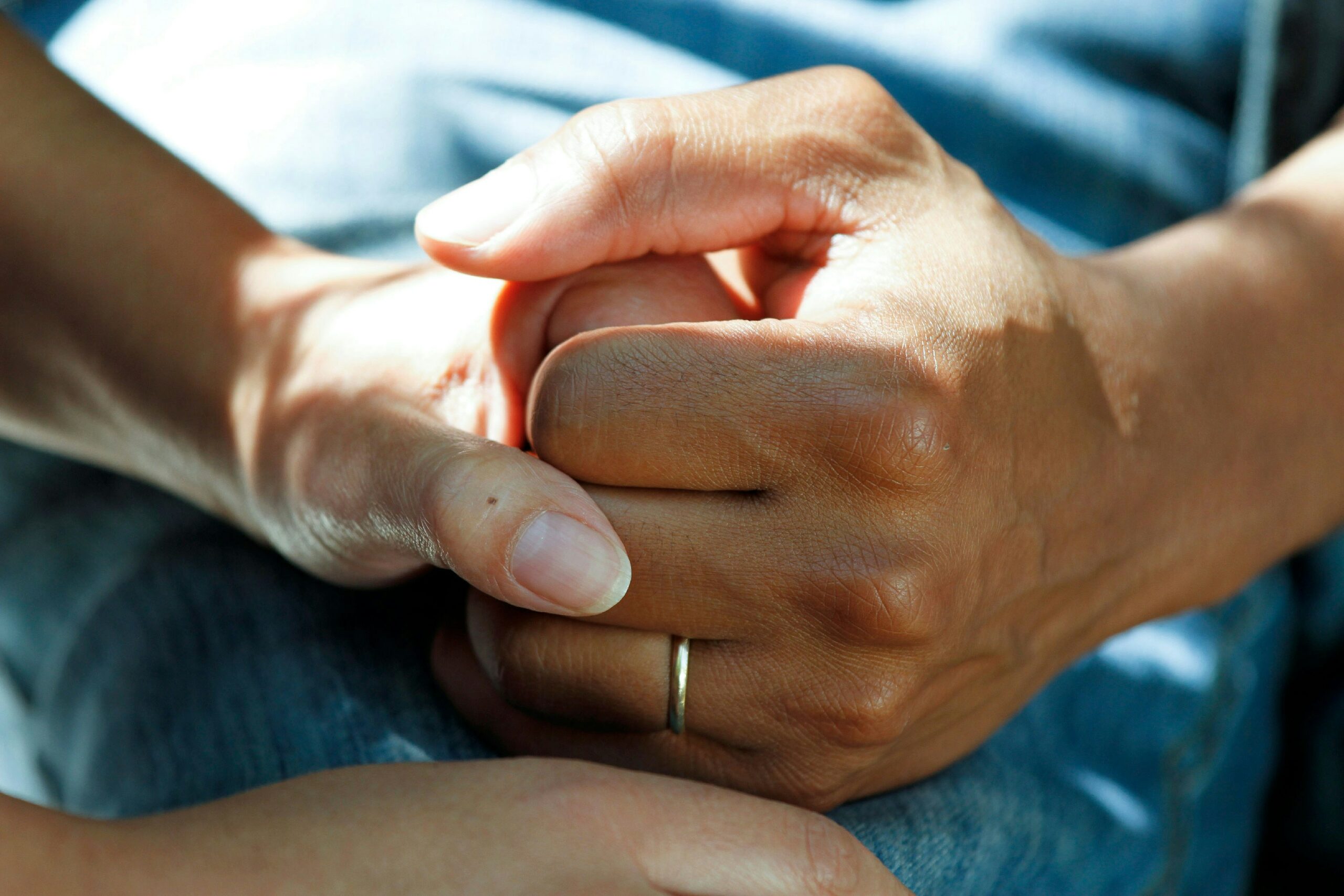
Heroin Withdrawal Symptoms Survival Guide: Tips and Strategies for Success

A Guide to Self Testing for Alcohol and Drug Addiction
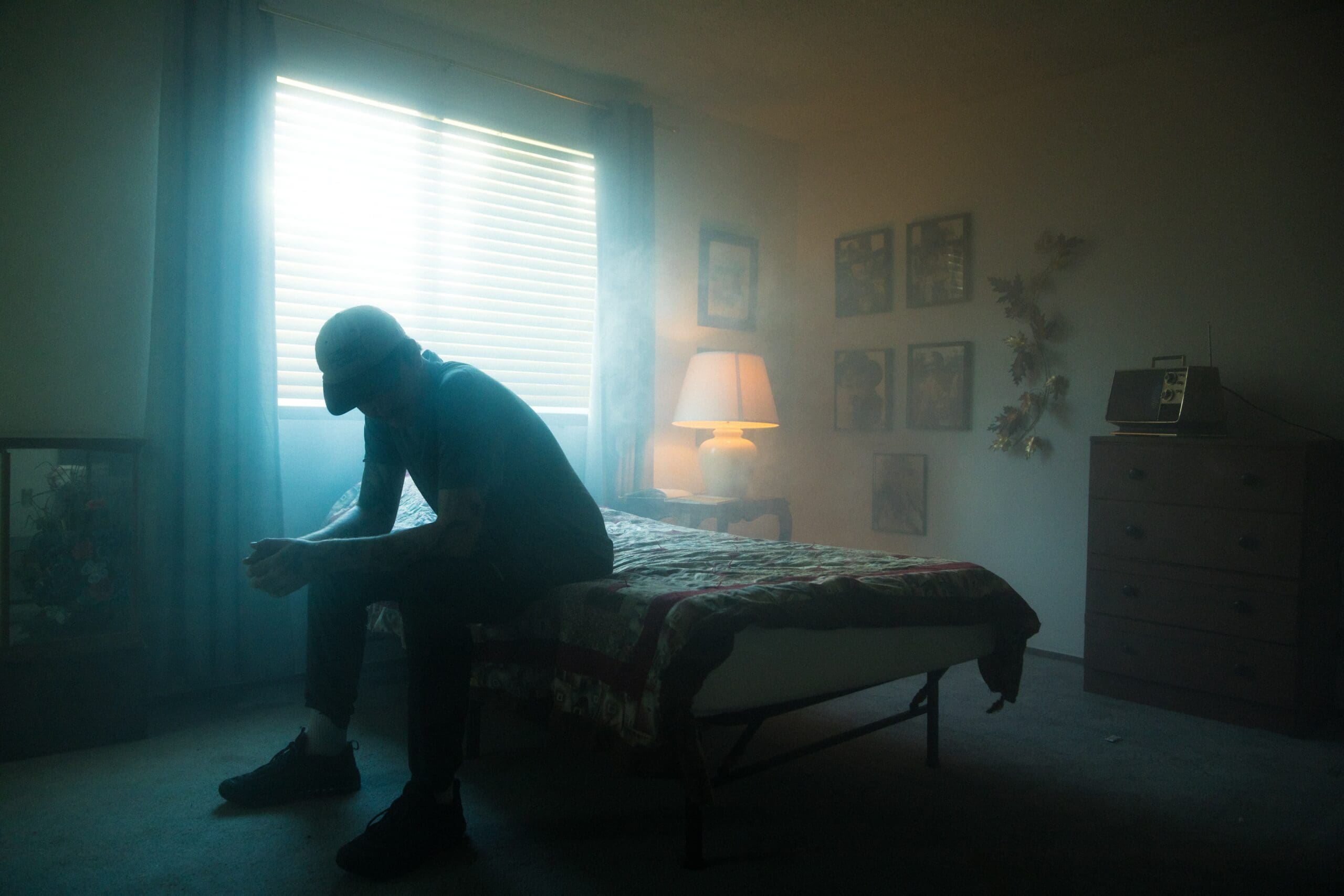
Fentanyl: Understanding the Epidemic and Embracing Hope

Inpatient vs Outpatient: How to Tell What’s Right for You

Understanding the Cocaine Detox Process
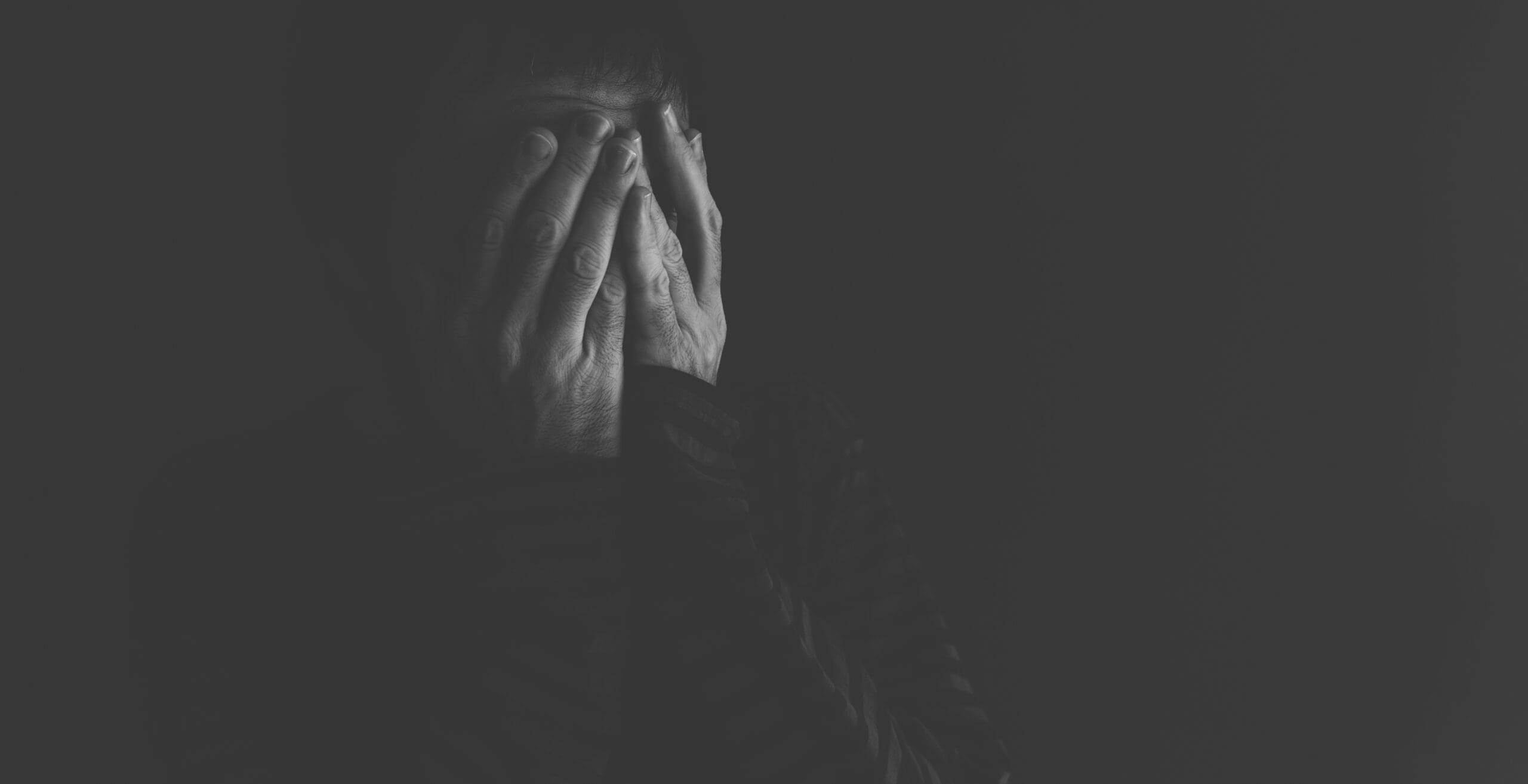
Meth Withdrawal Symptoms Survival Guide

National Recovery Month with Recovery Syndicate

6 Ways To Have Fun in the Sun Without Drinking

Bilateral Stimulation: How EMDR Can Aid Addiction Recovery
LEARN MORE
If you or someone you know is struggling with drug or alcohol addiction, it's important to get help. Drug and alcohol abuse can ruin lives, and it's not something that can be overcome on your own. That's where drug and alcohol treatment centers come in. This article will discuss everything you need to know about drug and alcohol abuse and treatment centers.
We'll cover topics such as addiction treatment, alcohol treatment, mental health treatment, outpatient treatment, drug treatment, and more!
What Is Drug Abuse?
Drug abuse is any use of illicit drugs, or the misuse of prescription or over-the-counter drugs. It includes, but not limited to, the use of illegal drugs such as opiates, opioids, fentanyl, marijuana, cocaine, heroin, and methamphetamine. It also includes the misuse of legal drugs such as painkillers, sedatives, and stimulants.
Drug abuse can lead to addiction, a chronic and relapsing brain disease, and can additionally cause other health problems including liver and heart disease and even death.
There are many risk factors for drug abuse including stress, anxiety, depression, and social isolation. Other risk factors include peer pressure, easy access to drugs, and a family history of drug abuse.
What Is Alcohol Abuse?
Alcohol abuse is a pattern of reckless or uncontrollable drinking that results in serious consequences including physical and mental health problems, and damaged relationships.
If you have an alcohol abuse problem, you may not be able to control how much you drink or what happens when you drink. You may keep drinking even if it causes problems at work, school, or with your family and relationships.
How is Drug And Alcohol Abuse Dangerous?
Alcohol abuse is a pressing public health issue. Global alcohol abuse accounts for over 3.3 million deaths per year due to excessive alcohol drinking. Excessive Drug abuse has serious consequences similar to alcohol abuse including death.
Most people don't understand the severity of drug abuse and how it can ruin their life, or someone else’s life. It's not just about getting high; it's about becoming addicted to a substance and losing control over your own life.
Drug abuse can lead to homelessness, job loss, financial instability, and even death. It tears families apart and destroys relationships.
What Health Problems Are Associated with Drug and Alcohol Abuse?
Substance abuse of both drugs and alcohol can lead to serious health problems, including addiction, overdose, and death. It can also cause social problems, such as job loss, financial instability, and relationship problems. If you or someone you know is struggling with drug or alcohol abuse, please reach out to us today – we’re here to help
What Is Drug Treatment?
Drug treatment is the process of medical or therapeutic intervention that aims to help a person recover from drug addiction. Drug rehab, or rehabilitation, is one type of drug treatment. It typically involves detoxification also knows as detox, therapy, and support. Treatment options vary depending on the individual's needs and may include residential inpatient, partial hospitalization (php) sometimes called day-treatment, Intensive outpatient, outpatient often times called Aftercare, medication, and ongoing counseling.
Drug treatment aims to help the person stop using drugs and return to a productive, drug-free life. Treatment can take many forms, and it is important to tailor the approach to the individual's unique situation. Drug addiction is a complex disease, and there is no one-size-fits-all solution.
How to Overcome Drug or Alcohol Addiction?
The first step to overcoming addiction is admitting that you have a problem. If you're in denial about your drinking or drug use, it's time to face the facts. If you're drinking or using drugs more than you'd like to, if it's causing problems in your life, or if you can't seem to stop, then it's time to seek help.
There are many different treatment options available for drug and alcohol abuse. The most important thing is to find one that's right for you. Treatment should address both your physical and psychological needs. It should also be tailored to your unique situation. Recovery Syndicate uses an evidence based holistic approach that address the mind, body, and also the spirit.
What Is Drug Abuse?
Drug abuse is any use of illicit drugs, or the misuse of prescription or over-the-counter drugs. It includes, but not limited to, the use of illegal drugs such as opiates, opioids, fentanyl, marijuana, cocaine, heroin, and methamphetamine. It also includes the misuse of legal drugs such as painkillers, sedatives, and stimulants.
Drug abuse can lead to addiction, a chronic and relapsing brain disease, and can additionally cause other health problems including liver and heart disease and even death.
There are many risk factors for drug abuse including stress, anxiety, depression, and social isolation. Other risk factors include peer pressure, easy access to drugs, and a family history of drug abuse.
What Is Alcohol Abuse?
Alcohol abuse is a pattern of reckless or uncontrollable drinking that results in serious consequences including physical and mental health problems, and damaged relationships.
If you have an alcohol abuse problem, you may not be able to control how much you drink or what happens when you drink. You may keep drinking even if it causes problems at work, school, or with your family and relationships.
How is Drug And Alcohol Abuse Dangerous?
Alcohol abuse is a pressing public health issue. Global alcohol abuse accounts for over 3.3 million deaths per year due to excessive alcohol drinking. Excessive Drug abuse has serious consequences similar to alcohol abuse including death.
Most people don't understand the severity of drug abuse and how it can ruin their life, or someone else’s life. It's not just about getting high; it's about becoming addicted to a substance and losing control over your own life.
Drug abuse can lead to homelessness, job loss, financial instability, and even death. It tears families apart and destroys relationships.
What Health Problems Are Associated with Drug and Alcohol Abuse?
Substance abuse of both drugs and alcohol can lead to serious health problems, including addiction, overdose, and death. It can also cause social problems, such as job loss, financial instability, and relationship problems. If you or someone you know is struggling with drug or alcohol abuse, please reach out to us today – we’re here to help
What Is Drug Treatment?
Drug treatment is the process of medical or therapeutic intervention that aims to help a person recover from drug addiction. Drug rehab, or rehabilitation, is one type of drug treatment. It typically involves detoxification also knows as detox, therapy, and support. Treatment options vary depending on the individual's needs and may include residential inpatient, partial hospitalization (php) sometimes called day-treatment, Intensive outpatient, outpatient often times called Aftercare, medication, and ongoing counseling.
Drug treatment aims to help the person stop using drugs and return to a productive, drug-free life. Treatment can take many forms, and it is important to tailor the approach to the individual's unique situation. Drug addiction is a complex disease, and there is no one-size-fits-all solution.
How to Overcome Drug or Alcohol Addiction?
The first step to overcoming addiction is admitting that you have a problem. If you're in denial about your drinking or drug use, it's time to face the facts. If you're drinking or using drugs more than you'd like to, if it's causing problems in your life, or if you can't seem to stop, then it's time to seek help.
There are many different treatment options available for drug and alcohol abuse. The most important thing is to find one that's right for you. Treatment should address both your physical and psychological needs. It should also be tailored to your unique situation. Recovery Syndicate uses an evidence based holistic approach that address the mind, body, and also the spirit.
Rehab can help you overcome the underlying causes of your addiction. If you have co-occurring mental health disorders, such as depression or anxiety, treatment Recovery Syndicate can address that as well.
Outpatient vs. Inpatient Treatment
One of the first decisions you'll need to make is whether to go to an inpatient or outpatient program. Inpatient treatment programs require you to live at the facility for the duration of your treatment. This can be anywhere from 30 days to 90 days, or even longer. Outpatient treatment programs allow you to live at home and come to the facility for treatments and therapies.
The type of program you choose will depend on a number of factors, including your level of addiction, your financial situation, your job situation, and more. If you have a serious addiction, or if you've been to treatment before and relapsed, you may want to consider an inpatient program.
Alcohol Treatment Options
Another treatment option for alcohol addiction is therapy. This can involve individual therapy, group therapy, or family therapy. Complex cases are given art, equine, and music therapy as well.
Why do Addicts need to undergo detoxification first?
Withdrawal symptoms vary depending on the substance being abused. They can range from mild to severe, and in some cases, they can be fatal. That’s why medically assisted detox is so important.
Some of the more common withdrawal symptoms include:
- Anxiety
- Depression
- Irritability
- Mood swings
- Insomnia
- Nausea and vomiting
- Anger
Drug Treatment
Recovery Syndicate also offers a drug addiction treatment process in Mesa Arizona.
- Substance Use Disorder Therapy
- Behavioral Therapy
- Medications
Detoxification drug treatment involves abstaining from drugs for a period of time in order to allow the body to rid itself of toxins. It is a difficult process that may trigger some patients aggressively. Our team at Recovery Syndicate are professionals at handling such cases in our drug rehab treatment program.
Behavioral therapy is another crucial part of the drug treatment process. It can help you:
- Learn new skills to cope with your addiction.
- Change the way you think about drugs and alcohol.
- Avoid situations that trigger your urge to use drugs or drink alcohol.
Lastly, medications can also help treat drug addiction. They can:
- Help reduce cravings for drugs
- Help you stay away from drugs
- Decrease the pleasure you get from using drugs
Both behavioral therapy and medications can be used to together to treat drug addiction. Treatment usually lasts for 1-3 months. But some people may need to continue treatment for a year or more. The goal of treatment is to help you stop using drugs and stay drug-free.
ACCEPTANCE AND COMMITMENT THERAPY (ACT)
Acceptance and Commitment Therapy is part of the third generation of cognitive behavioral therapy. From a client’s perspective, ACT therapeutic process is two-fold: accepting one’s experience and situation, while committing to value-informed living. ACT does not focus on changing one’s thoughts processes, but rather looks to encourage the client to accept that which is present, including thoughts and feelings, while committing to value-informed living.
MORE ABOUT ACT
How Does ACT Work?
ACT works by helping the client to fully experience the moment and not having to avoid reality or challenge or change their irrational thought process. The client is able through cognitive fusion to be able to watch their thoughts with an attitude of curiosity. The client repeats the thought out loud until it becomes just a sound devoid of meaning. A word is viewed as just a word, not a meaning. The six steps employed in ACT include, acceptance, defusion, being present, perspective-taking sense of self, value-based living, and committed actions. We work to help the client to be present in the moment and working towards value-based living. ACT helps the client to engaging in behaviors which will help support their personal growth and healing. Helping the clients to perceive willingness as a choice, not a desire. Willingness is looked at as an alternative to experiential control.
Treauma Therapy and EMDR
How Does EMDR Work?
Eye Movement Desensitization and Reprocessing, or EMDR therapy is a comprehensive approach that addresses the physiological storage of memory in the brain. When a disturbing event occurs, it can get locked in the brain with the original picture, sounds, thoughts, feelings, body sensations. We store the images and pictures in the amygdala, which is the oldest part of our brain. The picture gets stuck, and often-times triggers the flight, flight, or freeze response. Disruptions in the information processing system as the result of high arousal states result in memories which are inadequately processed and stored in state specific form.
EMDR Activating Components:
- Access frozen memories.
- Stimulate the information processing system to activate appropriate connections within the memory network.
- Move information to adaptive resolution
- Reprocessing = new learning
Is EMDR Effective?
Over 44 randomized controlled trials (RCTs) support the use of EMDR therapy with a wide range of trauma presentations. In a study by (Wilson et al., 1995, 1997) it was demonstrated that three 90-minute sessions of EMDR resulted in an 84% reduction in PTSD diagnosis and a 68 % reduction in PTSD symptoms with single trauma. EMDR is evidence-based practice for PTSD, anxiety, and depression symptoms (Substance Abuse and Mental Health Services Administration (SAMHSA) (2010). (Brown et al. 2015) suggest that EMDR therapy can play an important role in the treatment of addictive and compulsive disorders. From an AIP standpoint, addiction is understood as a genetically influenced neurodevelopmental disorder of memory, learning, and chronic affect dysregulation.
Mental Health Treatment Via CBT and Yoga Meditation
CBT, or cognitive behavioral therapy, is a form of treatment that focuses on helping patients change their thought patterns to change their behavior. This type of therapy effectively treats various mental health conditions, including depression, anxiety, and eating disorders.
Yoga mediation is another effective form of treatment in treating mental health disorders. Yoga mediation involves the practice of yoga and meditation, which can help to improve the mind-body connection. This type of treatment can also help to reduce stress and anxiety levels.
Both CBT and yoga mediation are effective forms of treatment for mental health conditions. If you or someone you know is struggling with a mental health condition, consider seeking out treatment from a qualified mental health professional. Recovery Syndicate can help you find the right treatment for your needs. Contact us today to learn more about our services and how we can help.
Addiction Treatment Via Spirituality Group, physical fitness, and DBT
We believe in offering our clients a well-rounded approach to an addiction treatment program. This means that in addition to traditional methods like therapy, we encourage medication assisted treatment as well.
That’s not all; we offer alternative methods like spirituality groups and physical fitness too in our addiction treatment center. We've found that these non-traditional methods can be extremely effective in addiction treatment and promoting long-term sobriety.
One of the most popular non-traditional methods we offer is our spirituality group. This group is open to people of all faiths and provides a safe space for clients to explore their spirituality.
We've found that many people struggling with addiction have a deep need for connection and purpose, and our spirituality group can help provide that.
In addition to our spirituality group, we also offer physical fitness classes. These classes are designed to help clients get in touch with their bodies and improve their overall health. We believe that physical fitness is a crucial part of addiction recovery, as it can help reduce stress and promote a positive self-image.
Finally, we also utilize Dialectical Behavior Therapy (DBT) in our treatment program. DBT is a type of therapy that focuses on helping people regulate their emotions and improve their coping skills. We've found that DBT can be extremely helpful in treating addiction, as it can help clients learn how to deal with difficult situations without turning to drugs or alcohol.
What are the 4 levels of the addiction process?
1st level
The first level of addiction is when a person begins using a substance. This can be recreational use or using the substance to cope with stressors in life.
2nd level
The second level of addiction is when a person becomes dependent on the substance. This means that they need to use the substance regularly in order to feel normal.
3rd level
The third level of addiction is when a person becomes addicted to the substance. This means that they cannot live without the substance and will experience withdrawal symptoms if they try to quit.
4th level
The fourth level of addiction is when a person suffers from chronic use of the substance. This means that they have tolerance to the substance and require larger amounts to get high. Chronic users also often suffer from health problems due to their addiction.
If you or someone you know is struggling with addiction, it is important to seek help from an addiction treatment program. Addiction services can help individuals recover from substance abuse and live a healthy life. If you are struggling with alcohol or drug addiction, speak with a professional and Recovery Syndicate today!
Outpatient Treatment with PHP (partial hospitalization programs) AND IOP (intensive outpatient programs) at Recovery Syndicate
When it comes to outpatient treatment, there are two main types: PHP and IOP. PHP, or partial hospitalization program, is a type of outpatient care that provides more structure than IOP, or intensive outpatient program. PHP typically requires patients to attend treatment for six hours per day, five days per week. IOP usually only requires three hours of treatment, three days per week. Recovery Syndicate can help with supportive housing and other supportive services.
So, which type of outpatient care is right for you? The answer may depend on several factors, including the severity of your addiction, your work schedule, and your family obligations. If you have a very demanding job or are a full-time parent, for example, PHP might not be the best option, since it requires a significant time commitment.
IOP might be a better fit, since it allows you to schedule treatment around your other obligations. But, of course, ultimately, the decision is up to you and your treatment team. They will help you weigh the pros and cons of each type of outpatient care and make the best decision for your health.
If your loved one is struggling with addiction in the Mesa Arizona area, you may be wondering if it's time to seek professional help. While there's no easy answer, some signs indicate it may be time to consider drug alcohol abuse treatment in a drug rehab center.
Your loved one may benefit from treatment if they:
- Are unable to stop using drugs or alcohol on their own
- Have tried to quit but have been unsuccessful
- Are experiencing negative consequences as a result of their use, such as job loss or financial problems
- Are struggling with mental health issues in addition to addiction
- Have a history of relapse
If you're unsure whether treatment is the right step, you can always speak to a professional at Recovery Syndicate for guidance. Their treatment center can provide your loved one with the support they need to overcome addiction and build a healthy, sober life.
The Final Word
It is important to remember that drug and alcohol abuse is a serious problem that should not be taken lightly. If you or someone you know is struggling with addiction, there are many resources available to help. Recovery Syndicate in Mesa, AZ offers evidence based treatment
Treatment can provide the support and guidance necessary to overcome addiction and lead a healthy, productive life. With the right help, recovery is possible – contact us today.
